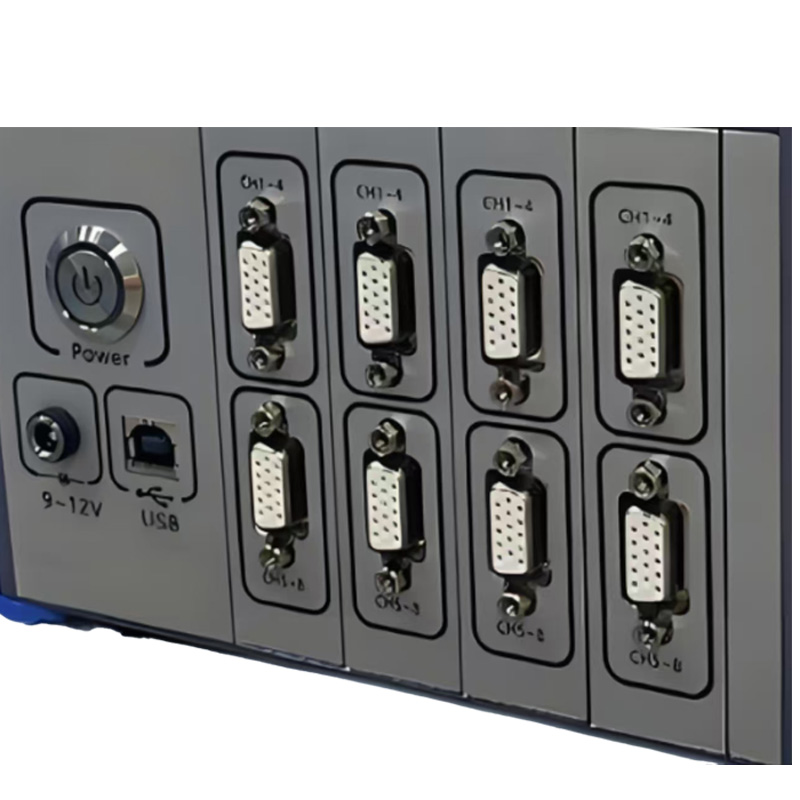What Are You Looking For?
What Are You Looking For?
In the development and quality control of industrial electrical equipment, understanding the mechanical properties of materials is essential. The Stress-Strain Tester plays a crucial role in precisely measuring these properties.
Item No. :
HJ-IEPTE-013Minimum Order Quantity (MOQ) :
1 setPayment Method :
L/C,T/T,PayPalPrice :
NegotiatableProduct Origin :
TurkiyeSupply Ability :
1 sets per 2 monthLead Time :
60 Working DaysConventional packaging :
Plywood
The Stress-Strain Tester is designed to evaluate the stress and strain characteristics of materials used in industrial electrical applications. By applying controlled forces and measuring the resulting deformations, it provides valuable data on the material's strength, elasticity, and ductility. This information is vital for ensuring the reliability and durability of the equipment.
Key Testing Parameters
|
Testing Parameter |
Description |
Importance |
Simulated Value |
|
Load Capacity |
Range for testing materials with different strength needs |
Ensures material testing versatility |
From 5 N to 5000 N |
|
Strain Measurement Range |
Measures strains of various materials based on elasticity/ductility |
Allows comprehensive material testing |
From 0.1% to 300% |
|
Accuracy of Stress and Strain Measurement |
High - precision stress/strain measurement for reliable data |
Guarantees accurate material characterization |
Stress: ±3 MPa; Strain: ±0.5% |
|
Test Speed Control |
Adjusts loading/deformation rate for different tests |
Enables customized testing |
Creep test: 0.01 mm/min; Dynamic test: 50 mm/min |
|
Data Acquisition and Analysis |
Real - time recording and parameter calculation |
Facilitates data management and material property analysis |
N/A (software - based analysis) |
Material Selection: By accurately measuring the stress and strain characteristics of different materials, engineers can select the most suitable ones for specific industrial electrical applications. This ensures that the materials can withstand the mechanical loads and environmental conditions they will encounter during operation.
Quality Control: The tester helps in ensuring the quality of incoming materials by verifying that they meet the specified mechanical properties. It also allows for monitoring the consistency of material properties over time, reducing the risk of using substandard materials in the production process.
Product Design Optimization: Understanding the mechanical behavior of materials through testing enables designers to optimize the design of industrial electrical equipment. They can make informed decisions about material thickness, shape, and reinforcement to improve the product's strength and durability while minimizing weight and cost.
Failure Analysis: In case of equipment failures, the Stress-Strain Tester can be used to analyze the failed components and determine if the cause was related to material mechanical properties. This information can then be used to improve future designs and prevent similar failures. 
In conclusion, the Stress-Strain Tester is an indispensable tool for the industrial electrical industry. Its advanced features and parameters make it a valuable investment for ensuring the mechanical integrity and reliability of the equipment.
Hot Tags :